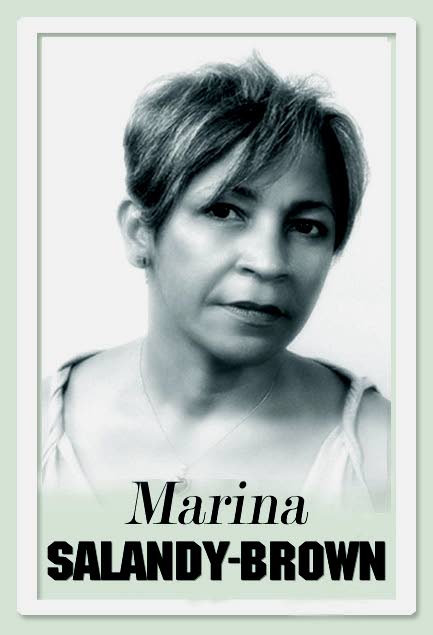Choosing a post-covid future

Today I am picking up on last week’s column about “we” versus “I’ and notions of morality, in response to developments with the coronavirus and the worrying signals emanating chiefly from the White House.
Even if the idea of morality is a controversial one, we should concern ourselves with exactly what are the values and ideas around which our post-pandemic societies will coalesce. Leaders talk about “getting back to normal” but let’s bear in mind what that sage-like, young Swedish environmentalist Great Thunberg has so insightfully observed; namely, that what we had before was crisis.
It is almost clichéd now to say we have never been here before, not in terms of international peacetime unemployment, for example. The UN’s International Labour Organisation (ILO) predicted last week that 195 million jobs will be wiped out globally this year and most of those jobs will be in the informal sector, ie, the often lowest-paid, most-insecure forms of work. That sector accounts for an unbelievable 61 per cent of the global workforce, equal to two billion people, who will have reduced means of sustaining themselves. The ILO recommends that businesses and employers keep workers connected to their currently idle enterprises (through reduced wages, etc) in order to keep workers on the labour market and help with recovery later this year.
However, we only need to add to the calculation that right now four-fifths of workers live in countries affected by full or partial lockdown measures and it becomes clear that with the best will in the world few countries will manage to jumpstart a significant enough number of enterprises to put all those people back to work.
For sure, when we recover from the actual virus in our midst nothing will return to exactly how it was. Will food services and tourist travel or the manufacturing sector or the retail industry and even the arts and general business ever be the same? I very much doubt it. No politician or economist has a clear strategy because the game is changing daily. More important though is the question, do we want it to be as before?
We were in a deepening cycle of gross inequality of opportunity and outcome, exacerbated by the technological advances that left many behind, and not all of them in poor countries. In some US states the number of African-Americans who have contracted the c-virus and are dying is as much as 10 times higher than other citizens. Already disadvantaged, they have little or no access to protective items such as masks and gloves. Their poor education has relegated them to joblessness, poor health, hopelessness, and the same levels of ignorance as in poor white communities so that they are often the ones who carry out violent attacks on Chinese-US citizens who Mr Trump has inadvertently identified as the cause of the pandemic.
I heard a World Service radio interview with a former die-hard, ultra-right, US racist whose record shop was a front for Nazi memorabilia. One day a black teenager who frequented the hip-hop music shelves seemed very upset and the racist started speaking to him. He learned that the boy’s mother had just been diagnosed with breast cancer.
He forgot, he says, to whom he was speaking and only after empathising, because his own Italian immigrant mother also had recently had cancer, realised that he had been speaking to another person, just like him. It cured him.
Unlike that individual, the market is amoral in that it can’t make choices, but people control the market and governments control our economies from which all else flows. We must decide if we are as anxious as the misguided “leader of the free world” to return to the rampant, advantageous capitalism he champions. That is where the “we” and “I” come in.
It was the Frenchman de Tocqueville who in the 1830s invented the word “individualism” after seeing it at work in the USA. It does not mean selfishness, rather an environment in which people isolate themselves from others, regarding them as the responsibility of the state. We see this in play now, with US federal government refusing to have a national policy on covid-19 and leaving individual sates to fight over scarce resources that are a matter of life and death, the poorest fare least well. Scroll forward nearly two centuries and what De Tocqueville described in “Democracy in America” is the same scenario as the modern white racist had been living – citizens cut off from the existence of others. De Tocqueville thought it was the biggest threat to democracy in the USA. Well, it is only exacerbated today by social media, and the US presidency is its very embodiment.
Times are indeed strange. The pandemic is denying the rights of the individual, even of the richest and most powerful. Can the isolation of the “I” lead to the economics of equality that leads to a fairer world that “we” can better thrive in?
It’s up to us, and the opportunity exists.


Comments
"Choosing a post-covid future"